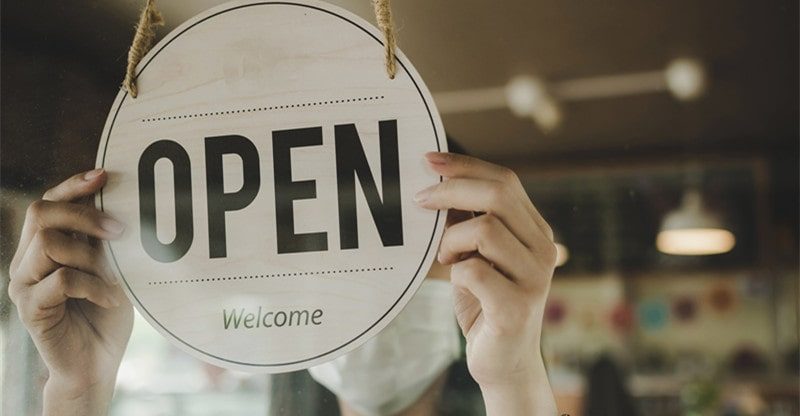Managing A Fairtrade Retail Store
Fairtrade retail stores are a noble cause — one that many people can get behind. You probably recognize fair trade as a classification of businesses that help producers in majority-world countries achieve better trading conditions through the payment of higher prices to exporters as well as improved social and environmental standards for products.
People who are socially and environmentally conscious seek out fairtrade retail stores because it’s often difficult to know whether the items and goods you’re purchasing or consuming come from a company you wish to support. It’s also a small way both business owners and consumers can get involved in global trade, as fairtrade by its definition is global.
Fairtrade stores take the guessing out of the equation by assuring consumers that the products they sell were created ethically. However, those interested in starting and managing a fairtrade retail store themselves must do their research to ensure the items they stock are fairtrade certified.
Managing Fairtrade Stores
“Fairtrade” is a set of business principles that prioritize the health, economic stability, human rights, and the independence of disadvantaged producers of goods all over the world. In countries without work regulations, people of all ages are subject to harsh, abusive work conditions making products to be sold for low prices.
In some cases, these are large, global brands. Therefore, it’s up to the consumer to check whether their food and other goods support businesses that treat their workers unfairly.
If you’re considering opening a fairtrade store, it’s important to recognize that this business venture is more of a good cause than anything else — you won’t become rich managing fair trade retail. However, if you dedicate yourself to running a fair business and doing it well, you should be able to sustain yourself through it.
More people, such as Millennials, are realizing their responsibility as consumers, and as they become socially and environmentally conscious, they seek out ways to make an impact. They are more likely to spend their money on experiences than goods, but if the goods are created with practices that match their values, they are more likely to buy. If your store helps them meet this need, you can expect to receive a lot of community support.
There are a few fair trade store chains, although, for the most part, they are small and limited. A few of them include Ten Thousand Villages, the over-60-year-old nonprofit shop for gifts and accessories; Divine Chocolate, which is a purveyor of fairtrade chocolate; and Equal Exchange, a fair-trade, worker-owned food company.
Although there are other successful fairtrade chains, many cities often have local food co-ops, which are big fairtrade advocates, so it can be helpful to consult with those businesses to see what you can bring to the table.
Running a Successful Business
Before opening your store, it’s important to recognize the need you’ll be serving to the community, as well as your target audience, to know what products you should stock. Therefore, talk to other fairtrade companies in your community to get an idea of what does and doesn’t work. Understanding community needs will help you figure out how to advertise your shop and draw in your customers.
After working through the local business aspects of fairtrade, you’ll need to find the right supply chain. Several fairtrade organizations around the world verify companies that produce fair trade goods and seek out small local artisans to support as well. Going through these companies and doing some background research on the products you’re carrying will ensure that the products you carry align with your mission.
Fairtrade retail is often more expensive than products you would find at department stores, but by stocking the right amount of products and looking into transportation options, you should be able to manage it like any other store. If this is your first small business venture, consult with someone who specializes in tax law to ensure your finances are in order so you don’t find yourself underwater before getting off your feet.
The most important thing to do before starting your business is to ensure you have the money to get it off the ground, even if the business is slow to start. In the era of COVID, more small businesses and startups have gotten off the ground than expected. In the first three quarters of 2020, there were 3.37 million new business applications submitted, more than 21% higher than the same period in 2019.
Fairtrade has revolutionized the retail industry by emphasizing fair labor and company ethics. Fairtrade makes the statement that getting products for cheap is not what matters most; rather, priority should be placed on ensuring the people creating these products are being treated fairly and getting paid what they deserve. Managing a fairtrade store won’t make anyone rich, but it can provide your life with a meaningful cause that helps people all over the world.



